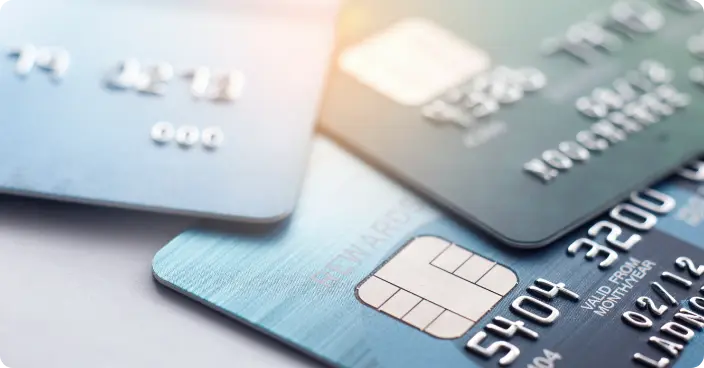More than three million Canadians have home equity lines of credit, 35% of Generation Z Canadians plan to get a personal loan in 2025 and 13% of Canadians get personal loans to pay off their credit cards.
The number of people across the country turning to personal lines of credit to get by continues to rise.
While lines of credit can be a positive way to pay for an unexpected financial emergency or a high-cost item once every so often, it’s important to stay on top of the balance owed.
As thousands of people find themselves trapped making interest-only payments towards what they owe, it’s important to be aware of the support available if you find yourself in financial trouble.
The number of people across the country turning to personal lines of credit to get by continues to rise.
While lines of credit can be a positive way to pay for an unexpected financial emergency or a high-cost item once every so often, it’s important to stay on top of the balance owed.
As thousands of people find themselves trapped making interest-only payments towards what they owe, it’s important to be aware of the support available if you find yourself in financial trouble.



